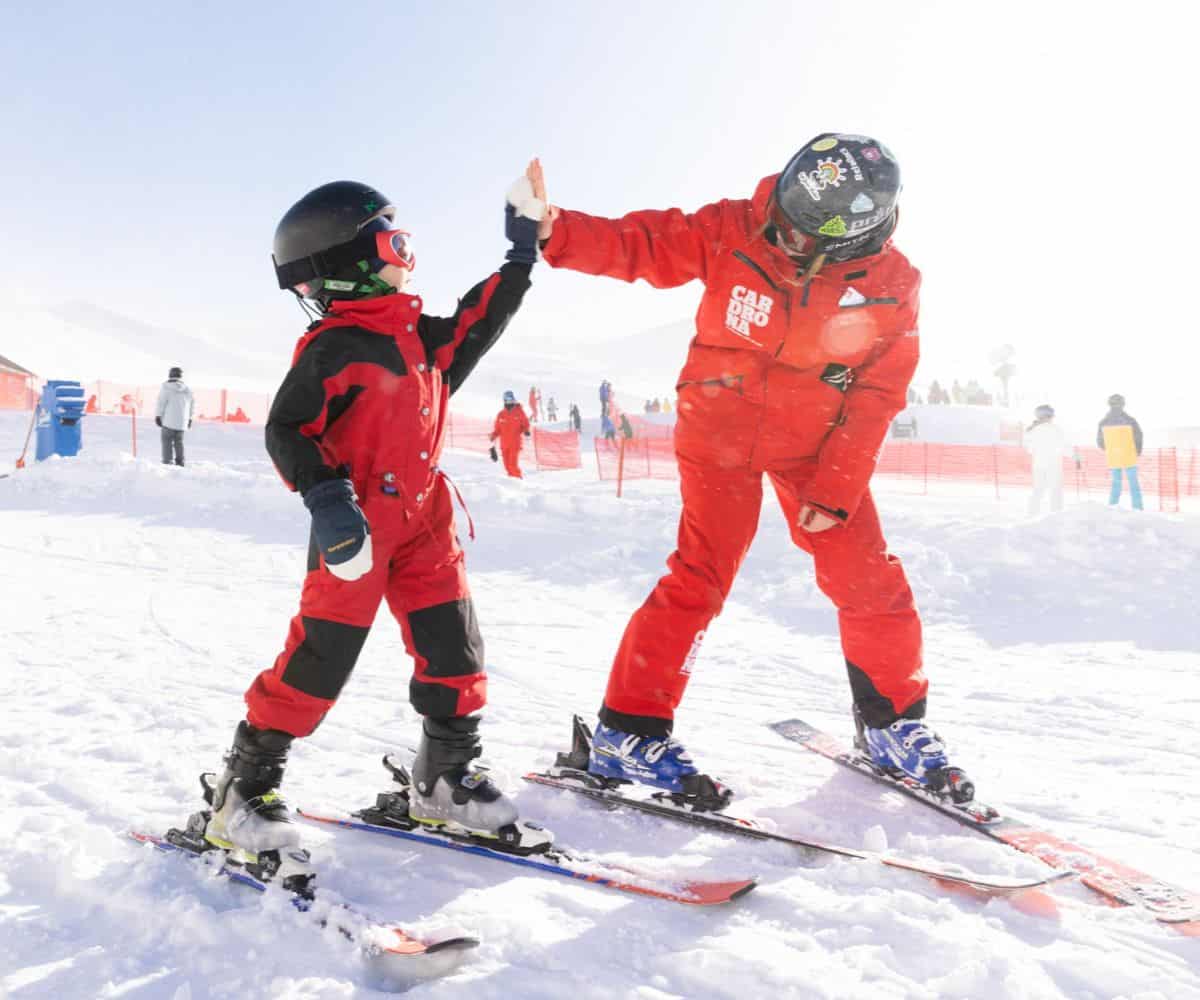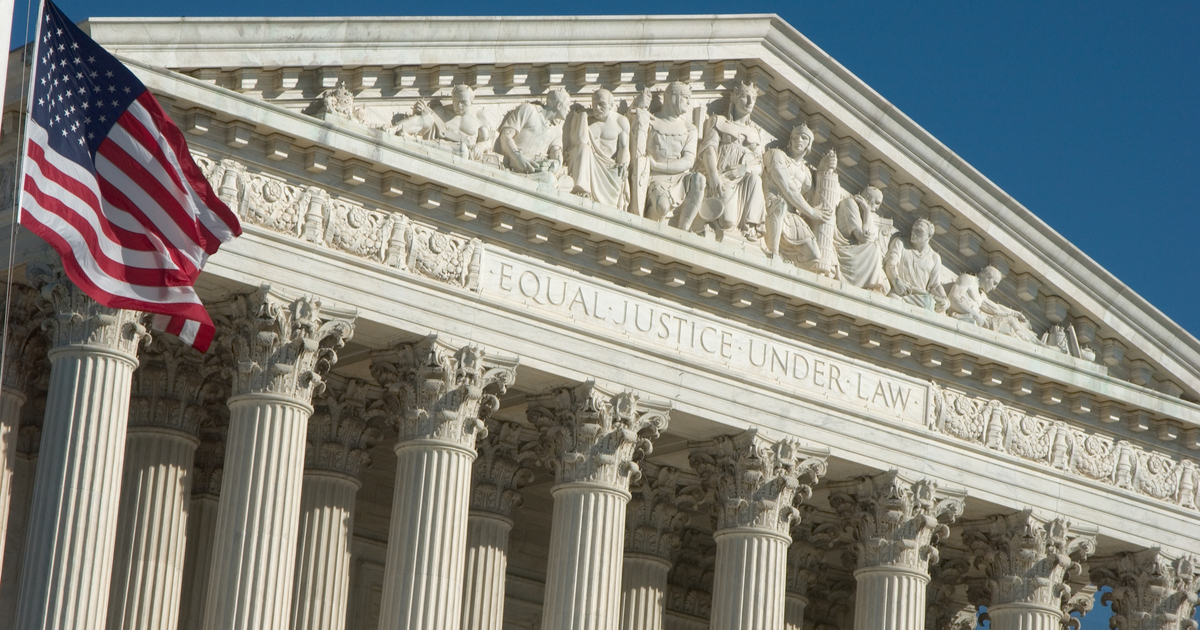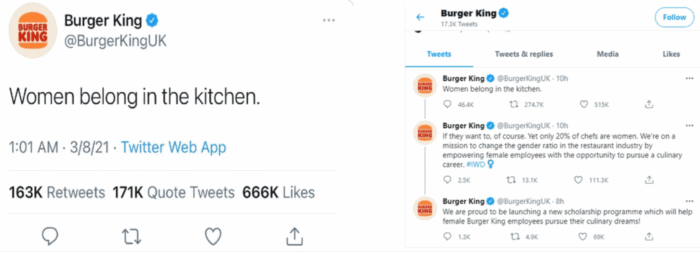Gen Z workers are teaching older colleagues AI — and reshaping office culture, survey shows
Gen-Z employees are driving the adoption of artificial intelligence at work by helping older colleagues upskill on the technology, according to an IWG report.

Diversity Female software developers collaborating on code review at tech workstation.
Athvisions | E+ | Getty Images
Gen Z employees are not only embracing artificial intelligence, but they're also driving adoption of the technology in many workplaces, a new survey showed.
Nearly two-thirds of younger employees are actively helping older colleagues in adopting and learning to use AI tools, according to a June poll of over 2,000 professionals across the United States and the United Kingdom by hybrid workspace operator International Workplace Group.
"This support often takes different forms from hands-on guidance to sharing practical tips to integrate AI into daily workflows," founder and CEO of International Workplace Group Mark Dixon told CNBC Make It.
Bridging generations
The knowledge exchange is reshaping collaboration. About half of the employees surveyed say AI is helping bridge generational divides.
Four in five senior directors said that the partnership with their younger colleagues allows them to focus on "higher-value tasks," while 82% credited these innovations with unlocking new business opportunities, according to the same report by the Swiss-based company, which was published on Sept. 3.
"Our research shows that older colleagues are showing real openness to AI and, just as importantly, to learning from younger generations," said Dixon, whose London-listed company owns brands like Regus, Spaces and HQ.
This two-way exchange not only bridges generational divides but also flattens traditional hierarchies.
Mark Dixon
Founder and CEO, International Workplace Group
"What makes this dynamic so impactful is its reciprocity. Younger employees are using their digital fluency to guide colleagues and introduce new ways of working, while senior colleagues contribute their experience, industry knowledge, and more strategic perspectives," said Dixon.
By teaching others, Gen Z workers are also building on their own AI skills. "This two-way exchange not only bridges generational divides but also flattens traditional hierarchies," said Dixon.
AI boosts collaboration
Overall, many employees are embracing AI's potential to boost efficiency.
Of the 2,016 office workers surveyed, 86% said AI has made them more efficient, and 76% believe it helps their careers, rising to 87% among Gen Z respondents. In addition, most workers surveyed report that the technology is saving them time, with an average of 55 minutes gained each day.
The technology has also become important to how hybrid teams operate, with 69% of hybrid workers saying AI makes teamwork across locations easier. 46% of respondents cited benefits such as improved meeting preparation, while 36% said it improved access to shared insights and stronger post-meeting follow-ups.
Some common areas employees are using AI include drafting emails, taking meeting notes, organizing files, data entry and completing forms. With these tasks automated, employees can spend more time on more high-impact and meaningful work, according to the report.
"In today's digital-first era, AI is emerging as a powerful unifier across generations," said Dixon. "This active exchange of knowledge and skills is bringing generations closer, fostering open collaboration, ultimately helping to build a stronger, more resilient team."
Want to stand out, grow your network, and get more job opportunities? Sign up for Smarter by CNBC Make It's new online course, How to Build a Standout Personal Brand: Online, In Person, and At Work. Learn from three expert instructors how to showcase your skills, build a stellar reputation, and create a digital presence that AI can't replicate.
Plus, sign up for CNBC Make It's newsletter to get tips and tricks for success at work, with money and in life, and request to join our exclusive community on LinkedIn to connect with experts and peers.


 Tfoso
Tfoso 






























